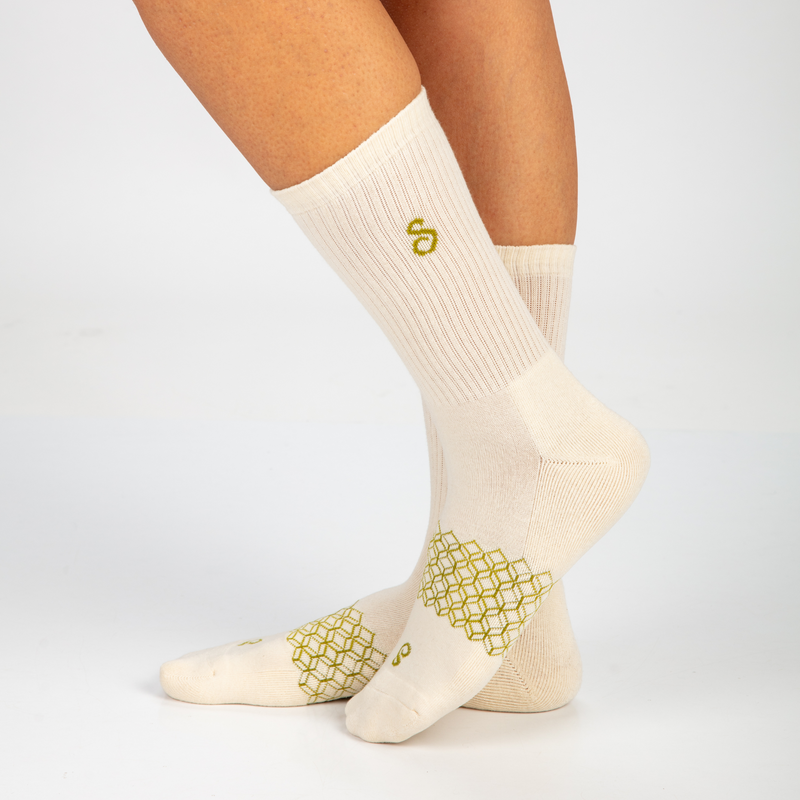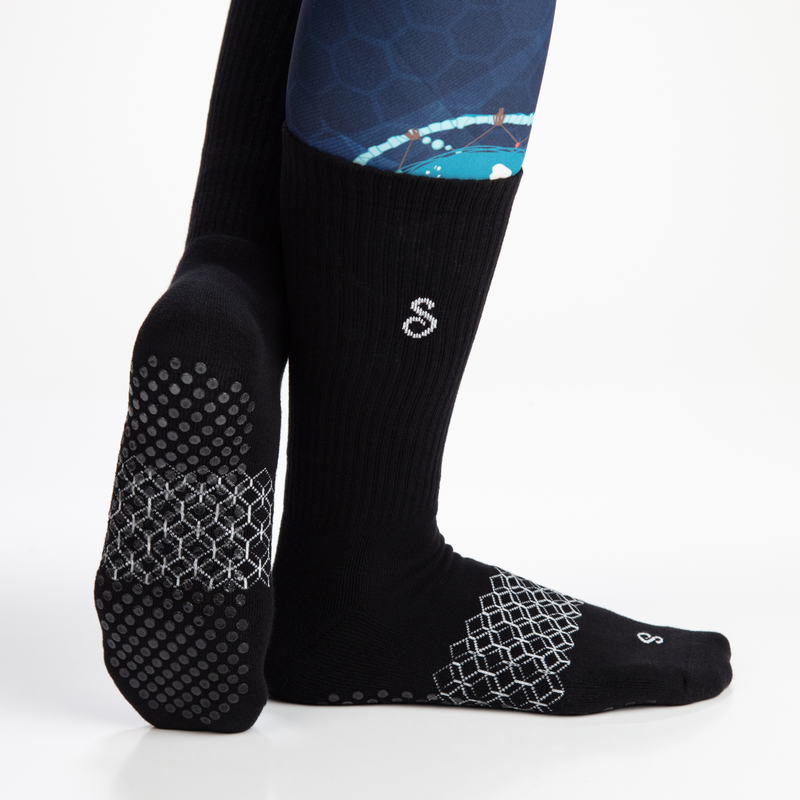

When it comes to choosing the best fabric for apparel, there are many different options to consider, from natural fibers such as cotton and wool to more synthetic fibers like polyester and nylon. Polyester has become the go-to fabric in recent years due to its incredible versatility and durability, but what you may not know is that recycled polyester offers even greater benefits over regular polyester. Here’s why you should choose recycled polyester fabric over traditional polyester and other fabrics.
What is recycled polyester?

Polyester is a synthetic fiber that is used in clothing, furniture, and other products. It is made from polyethylene terephthalate (PET) which is the same material found in water and soda bottles. PET was invented in 1941 but wasn't put into commercial production until the 1950s because of cost. It was finally introduced as a viable product in the 1960s when new technologies allowed for it to be manufactured more affordably.
Recycled polyester is a type of polyester fiber that has been made from post-consumer recycled (PCR) bottles. An estimated 100 million plastic bottles are used every day in America, and only 20% of them are recycled. This results in 75 billion plastic bottles ending up as litter each year. Recycling a single plastic bottle can take as little as six weeks, compared to 200 years if it ends up in a landfill.
The process of recycling polyester

The recycling process starts by shredding old polyesters into one-inch pieces. Then, the scraps are washed and dried to remove any contaminants before being fed into a machine that melts them together. Afterward, the melted polyesters are spun into thread and woven into looms to create new fabric.
Recycling polyesters has been able to reduce the demand for virgin polymers and decrease pollution of both air and water. Waste polyesters can be turned into new polyester products without any loss of quality or performance, making them a very eco-friendly fabric option. In addition, recycled polyesters usually cost less than their virgin counterparts. This is because recycled fabrics are already completed so they don’t require as much processing time, energy, or resources to make them.
However, not all polyesters are eligible to be recycled. Because it is composed of various chemicals and plastics, recyclers can only recycle polyesters that have one predominant plastic resin. Therefore, fabrics that mix more than one type of plastic together can’t be recycled. Although most polyester fabrics can be recycled in some way, a large percentage of them go directly into landfills because consumers often don’t know about or properly understand the recycling options for garments and textiles.
The benefits of recycling polyester
One pound of recycled polyester saves 13 gallons of oil, 6.5 kilowatt hours of energy, three square yards of landfill space, and one hundred gallons of water. If a pound of cotton is used instead of a pound of recycled polyester, 56 pounds more carbon dioxide will be released into our atmosphere because cotton requires more energy to grow than most other fabrics. Recycled polyesters also last significantly longer than natural fibers.
In addition to being a more sustainable option for clothing production, recycled polymer is also softer, stronger, and more durable than other fabrics. It has a smoother feel and drapes better than cotton or wool. Recycled polyester has many other applications, such as carpeting, furniture, and industrial products. This makes it a more versatile fabric than cotton or wool and can offer a new life to items that may otherwise be discarded. It’s also easy to dye so it can take on any colour you want!
Recycling polyester also reduces the amount of water used in production by up to 25% because it is made from post-consumer plastic bottles. This is because recycled polymer fabric can be made from plastic bottles, meaning less water is required for production. While cotton and wool need about 5,000 gallons of water to produce one tonne of fibers, recycled polymer requires only 2,000. And it takes up to 90% less energy to recycle plastic than it does to produce new plastic from scratch. In addition to these benefits, the recycled polymer has a number of other uses beyond clothing production due to its durability.
How to care for recycled polyester garments

Most recycled polyester garments are wrinkle-resistant, so you don't have to worry about spending time ironing or steaming them. They can be machine washed in cold water and tumble-dried on low heat. To get the best results when drying your garments, hang them to dry instead of throwing them in the dryer. Wrinkle-free isn't everything though!
Recycled polyester comes in a variety of styles and colors, making it easy to coordinate your outfits. Whether you're trying to add a pop of color or are going for a more neutral look, recycled polyester can deliver both style and comfort.

Polyester fabrics have had somewhat of a bad reputation in the eco-friendly community, but many people are surprised to learn that recycled polyester fibers can actually be one of the best eco-friendly fabrics around.
Recycled polyester is a fantastic alternative to new and synthetic fibers, particularly when you're looking for a fabric that will keep its shape for years to come. It's also easy to care for, so you don't have to worry about spending time or money on professional cleaning services. Consider recycled polyester next time you're shopping for your next piece of clothing! You'll look and feel great!














